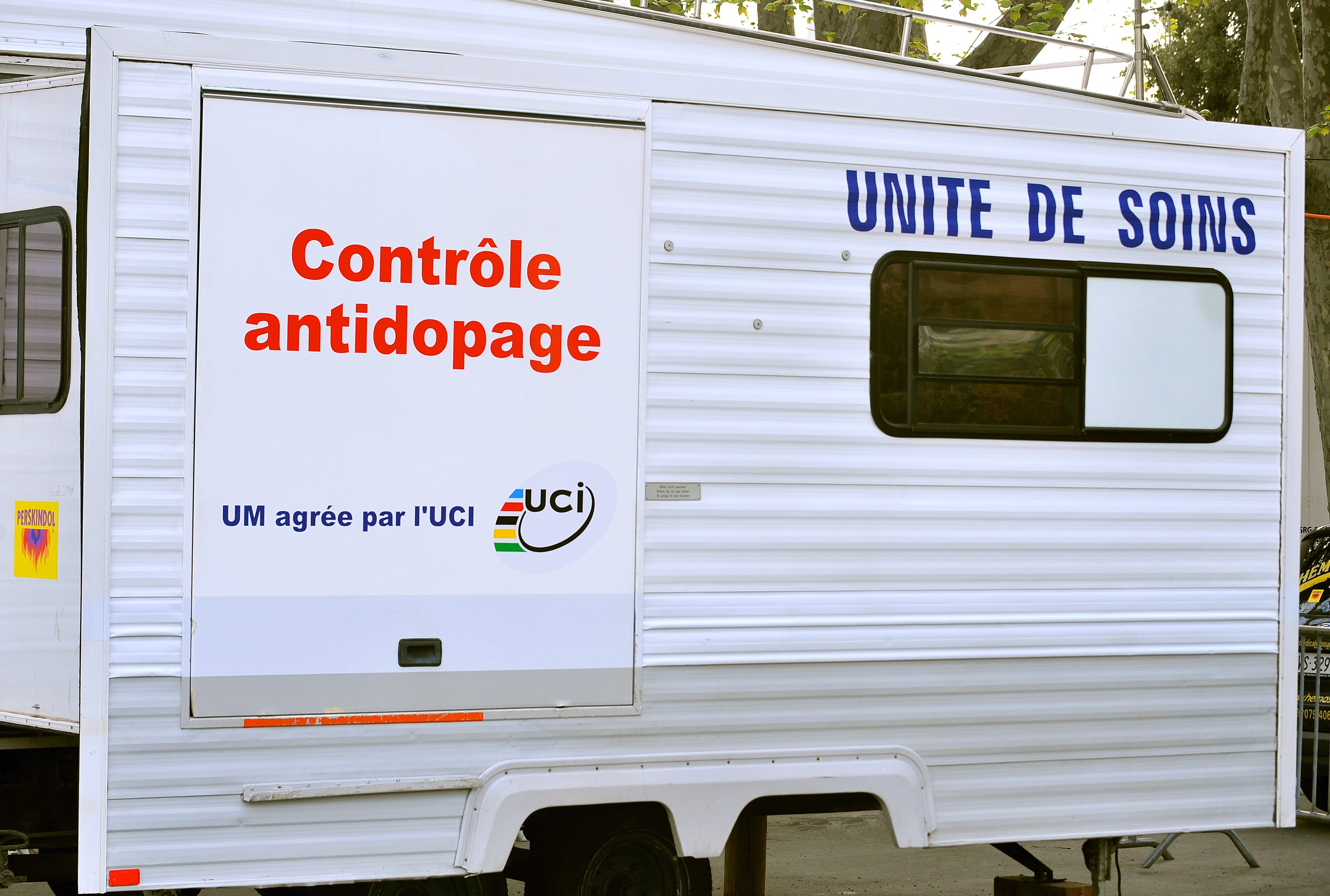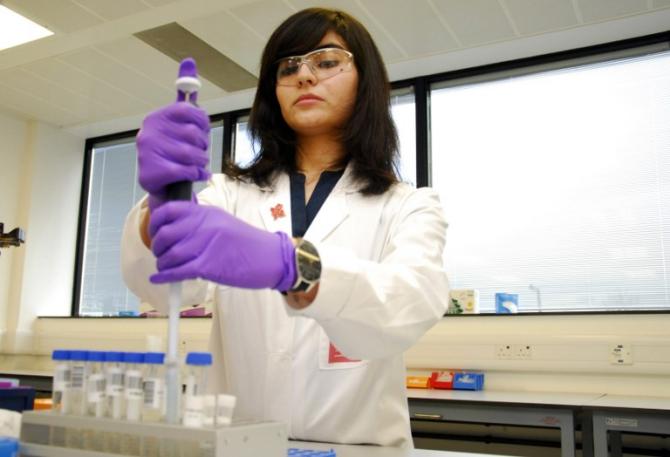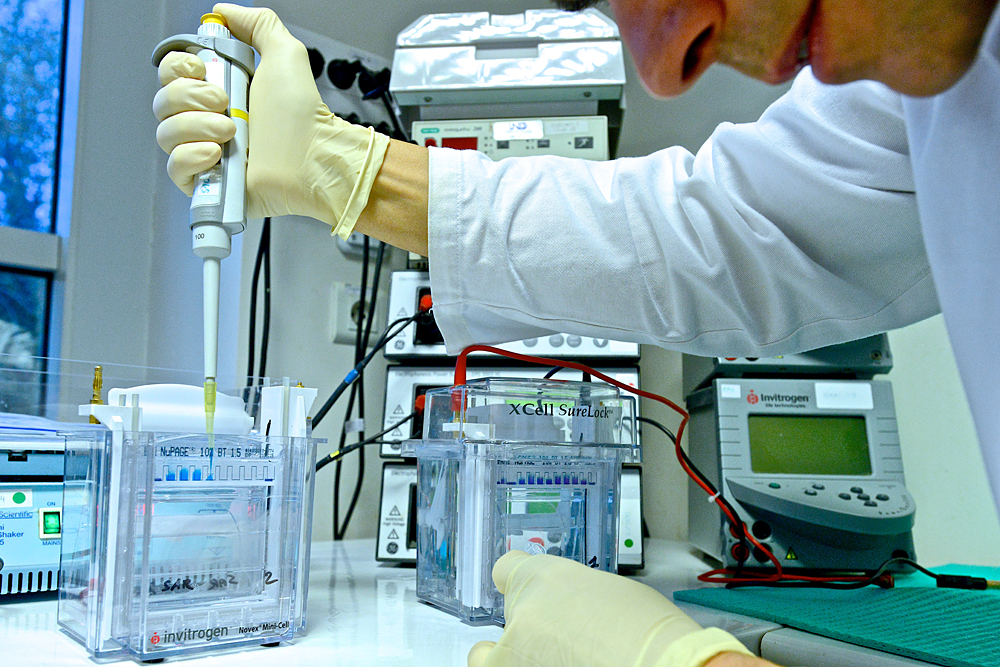UCI hail tramadol testing programme a success as results come back negative
More than 100 tests completed since March



Almost three months after the UCI implemented their ban on the pain medication tramadol, the governing body says that it has undertaken over 100 tests across multiple events with all coming back negative.
According to a press release issued by the UCI on Wednesday, a total of 143 tests were taken on 117 riders. The tests, which were performed at 11 unspecified WorldTour events, were predominantly done following the race/stage. It was done separately to the usual post-race anti-doping procedures and involved taking a small amount of blood from the rider's fingertip. The blood was then examined at the Geneva University Hospitals' Clinical Pharmacology and Toxicology Division.
UCI President David Lappartient called the new testing programme a success.
"The in-competition tramadol testing programme has entered its transition phase. I would like to thank the staff working on the ground for leading this programme to a successful conclusion, as well as our scientific partners for their support. I would also like to thank the riders and teams who have shown a real desire to make this risk-reduction programme in the peloton a success," said Lappartient.
Tramadol has been a controversial issue in sport, but particularly in cycling, for almost a decade. The opioid painkiller can cause nausea, drowsiness and loss of concentration and some have linked it to causing crashes in the peloton. It is on the World Anti-Doping Agency's monitored list, it has never been put onto its list of banned substances.
In a WADA report on testing figures from its 2017 monitoring programme, anti-doping controls taken in cycling showed evidence of tramadol in four per cent of all samples, a rate ten-fold higher than any other endurance sport. The use of the drug has, however, been on the decline since discussions of its abuse began earlier in the decade.
Last year, the UCI announced its intention to ban tramadol on health and safety grounds, rather than for any performance-enhancing qualities that it might have. Saying in its recent press release that, "Among other objectives, these tests aim to reduce the risk of dependency on opiates."
Get The Leadout Newsletter
The latest race content, interviews, features, reviews and expert buying guides, direct to your inbox!
It had initially hoped they would be able to implement the ban on January 1, but had to delay it and did the first tests at Paris-Nice at the start of March. The UCI did not specify which other races that they had performed tests at, but there have been 19 WorldTour races since they implemented it – including Paris-Nice and the Giro d'Italia.
Sports doctor Prentice Steffen was one of those that had been calling for tramadol to be banned and welcomed the news of the first tests in March, but told Cyclingnews that they were just a piece of the puzzle in the fight against doping. "People are looking to smaller drugs for smaller advantages. This is just one piece in the puzzle and it's about closing another loophole in a system that has a few holes in it," he told Cyclingnews.
The UCI said that it would continue to test for the drug in multiple disciplines, and their World Championships, throughout the remainder of the season.